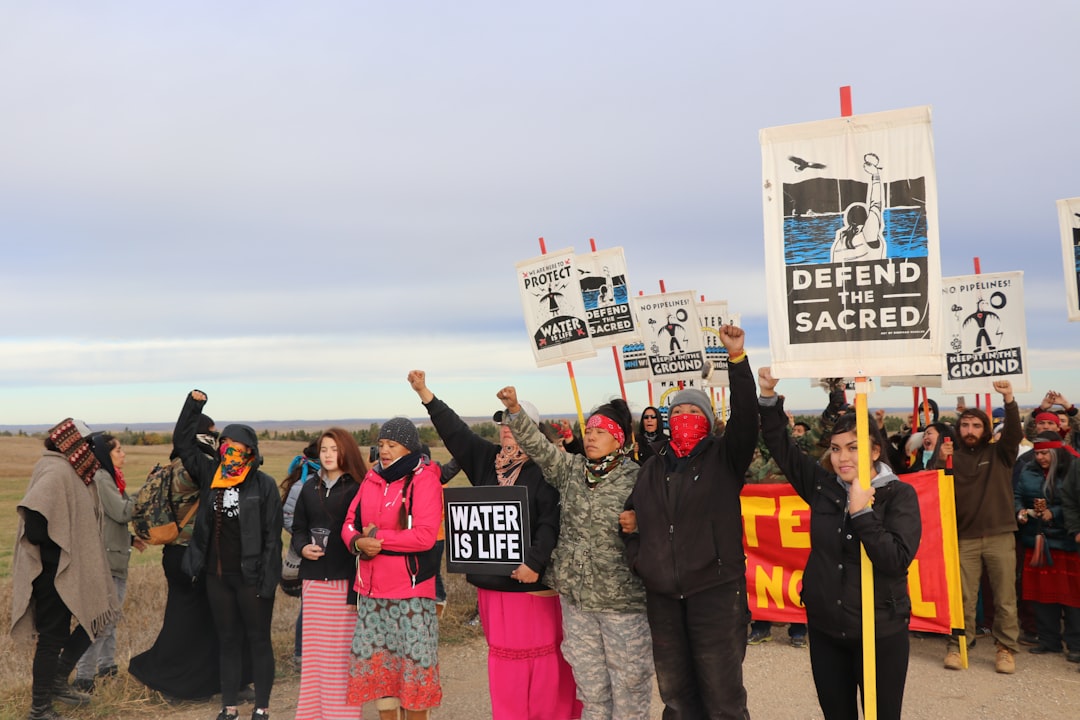What is it about?
The so-called Silver Age of Russian culture (c. 1890 - c. 1917) saw a revived interest in unorthodox religious ideas and new ways of thinking about the divine. The religious philosophy of this era was influenced by three thinkers who stressed the importance of the Divine Feminine: philosopher Vladimir Soloviev, journalist Vasily Rozanov, and novelist Dmitry Merezhkovsky. The present essay outlines the main traits of the Divine Feminine as it formed among the three Silver Age philosophers, and how their ideas may have influenced Russian alternative religion of the 20th century.
Featured Image
Why is it important?
The study of the Divine Feminine as imagined in world cultures is an important part of understanding gender constructs and gender power balance created by humans. The present essay brings together well-studied theology of the feminine of the three renowned Russian philosophers, linking their ideas to further development of alternative religious groups and philosophies created by Russians in the 20th century (the Roerichs’ “Living Ethics,” Gleb Botkin’s Church of Aphrodite, Daniil Andreyev’s “Rose of the World,” and Russian and Ukrainian NRMs of the 1990s).
Read the Original
This page is a summary of: The Divine Feminine in the Silver Age of Russian Culture and Beyond: Vladimir Soloviev, Vasily Rozanov and Dmitry Merezhkovsky, Pomegranate The International Journal of Pagan Studies, June 2015, Equinox Publishing,
DOI: 10.1558/pome.v17i1-2.26503.
You can read the full text:
Contributors
The following have contributed to this page










